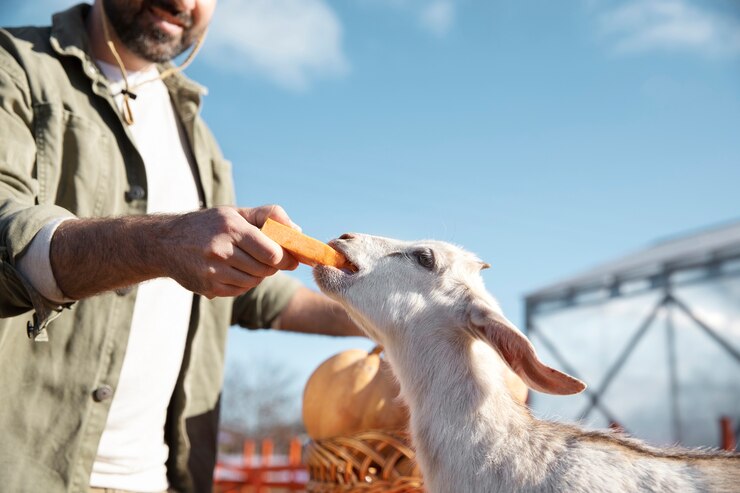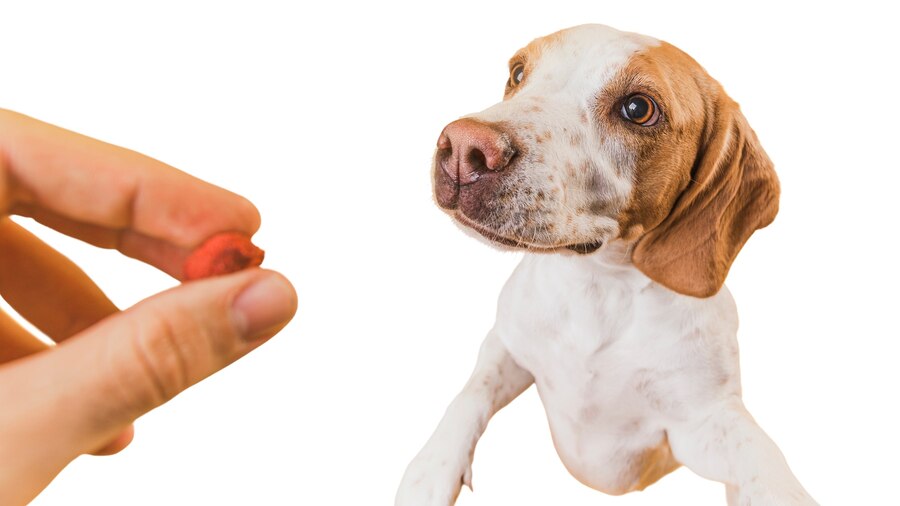Table of contents
Uncovering How Cannabidiol Affects Pets Beyond Dogs and Cats
CBD (Cannabidiol) has made a strong impression in the world of veterinary wellness, particularly for dogs and cats. But as research expands, so does interest in the potential benefits of CBD for a wide range of animals—including rabbits, horses, birds, reptiles, and exotic pets. This article explores the latest findings and ongoing research on CBD use in various animal species, offering a broader perspective on how cannabidiol may support overall animal health.
📘 Understanding CBD and the Animal Endocannabinoid System

The endocannabinoid system (ECS) is a biological system present in almost all animals, including mammals, birds, fish, and reptiles. It plays a vital role in regulating processes such as:
- Mood
- Appetite
- Pain response
- Immune function
- Inflammation
CBD interacts with the ECS to support balance and homeostasis. That’s why many researchers are now turning their attention to various animal species to evaluate the scope of CBD’s potential.
🐴 CBD and Large Mammals: Horses

✅ What the Research Shows
Recent studies suggest that CBD may help horses manage:
- Stress and anxiety from transport, competitions, or environmental changes
- Joint pain and inflammation, particularly in older or active horses
- Muscle recovery and general discomfort
Preliminary trials and anecdotal data from equine veterinarians show improved mood and mobility in CBD-treated horses, but larger-scale clinical trials are still underway.
🐰 CBD for Rabbits and Small Mammals
Rabbits, guinea pigs, and other small mammals are highly sensitive, making them both ideal and challenging candidates for CBD therapy.
🧪 Potential Benefits
- Calming effects in stressful environments
- Appetite support for ill or aging animals
- Pain relief from arthritis, dental issues, or injury
Because these animals metabolize compounds differently than dogs or humans, low and careful dosing is essential. More targeted studies are expected in the coming years.
🕊️ CBD and Avian Species (Birds)
CBD research on birds is still in its infancy, but a few veterinary case studies and owner reports are encouraging.
📊 Reported Benefits:
- Reduction in feather plucking behavior
- Increased calmness in high-strung birds
- Support for chronic conditions like arthritis or respiratory distress
Due to their unique biology, birds need extremely low doses of CBD, and any treatment should be closely monitored by an avian veterinarian.
🦎 CBD for Reptiles and Exotic Pets
Even reptiles like lizards and turtles are being considered in the broader scope of CBD research. Though studies are minimal, some early insights suggest CBD may help with:
- Pain relief for injuries or surgeries
- Appetite stimulation in sick or recovering reptiles
- Inflammation in aging or injured animals
Because research in these areas is sparse, pet owners are advised to exercise extreme caution and consult specialists before using CBD on exotic species.
🧪 Scientific Challenges and Future Research
CBD research across various animal species faces a few key obstacles:
- Lack of species-specific studies
- Variation in metabolism between species
- Regulatory hurdles for veterinary CBD use
- Inconsistent product quality in the market
Despite these challenges, the growing interest from pet owners and the veterinary community continues to drive more funding and focus on this emerging field.
❓ 5 Frequently Asked Questions (FAQs)
Not all. While many animals have an ECS, each species reacts differently. It’s crucial to use species-specific dosing and formulations and consult with a knowledgeable veterinarian.
CBD derived from hemp is federally legal in many countries, but always check local laws and consult your vet before giving it to your pet.
Broad-spectrum or isolate CBD products with no THC, no xylitol, and minimal additives are safest. Look for pet-specific formulations.
Methods include oral tinctures, infused treats, and capsules. The best method depends on the species and the individual animal’s temperament and health needs.
Yes. Possible side effects include drowsiness, diarrhea, or changes in appetite. Start with low doses and monitor your pet closely.
🐾 Final Thoughts
As interest in natural wellness for animals continues to grow, CBD for various animal species offers a promising avenue for relief and support. From calming anxious birds to easing arthritis in rabbits or enhancing mobility in horses, the potential is vast—though research is still catching up. As always, responsible use guided by a veterinarian is key to safely exploring CBD’s benefits across the animal kingdom.





